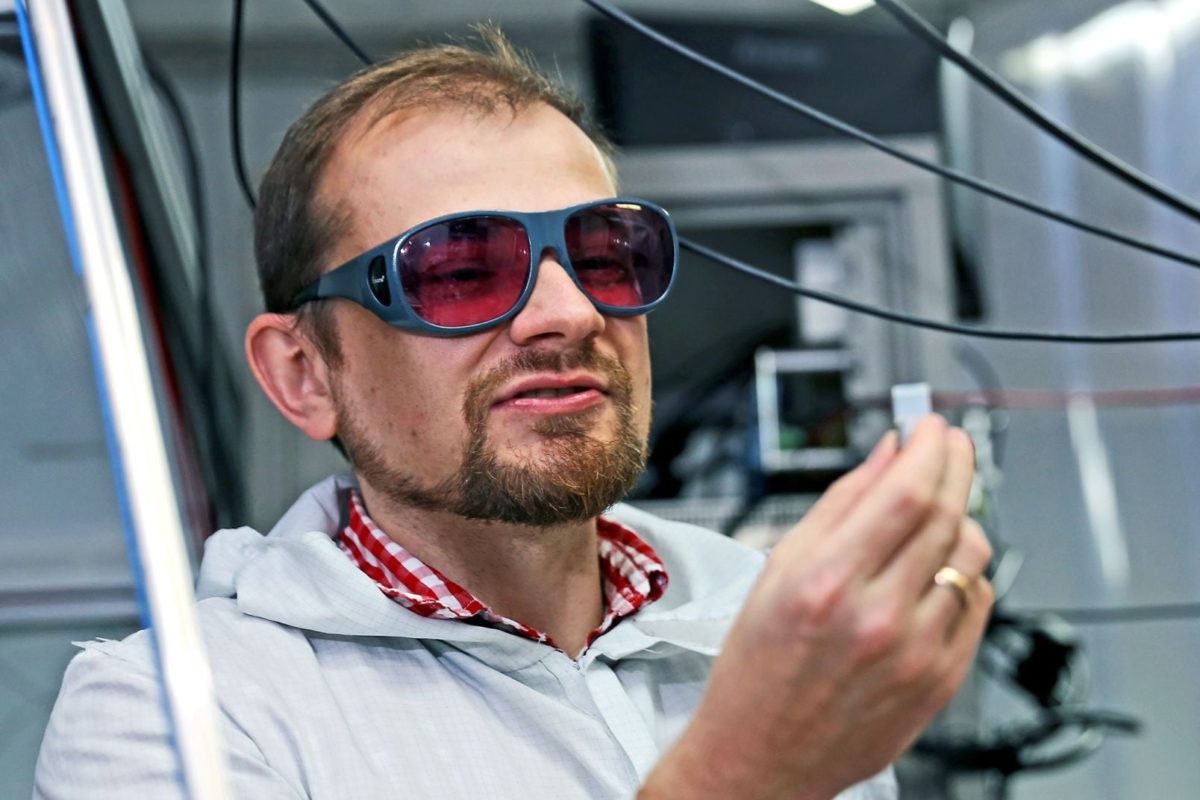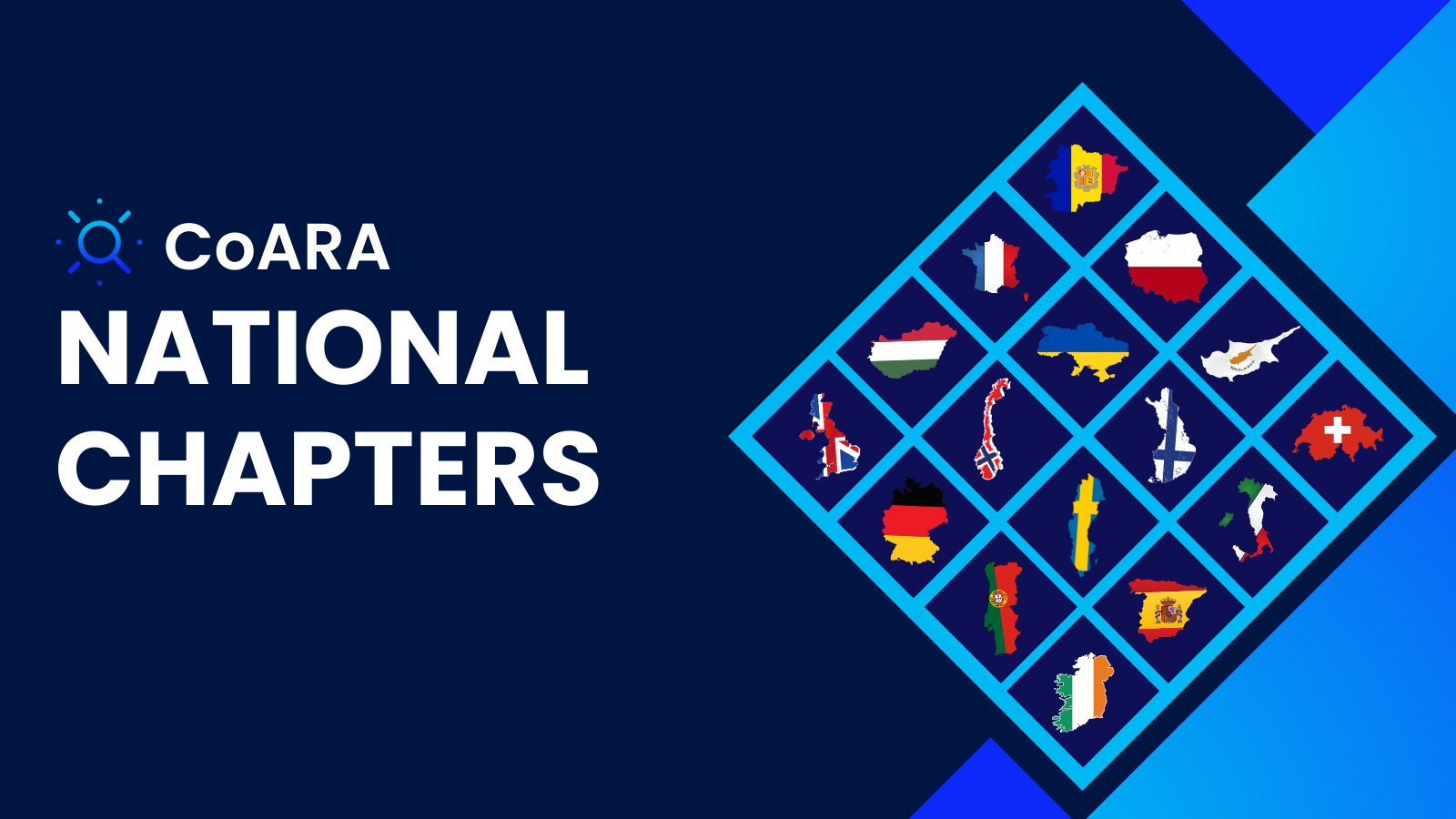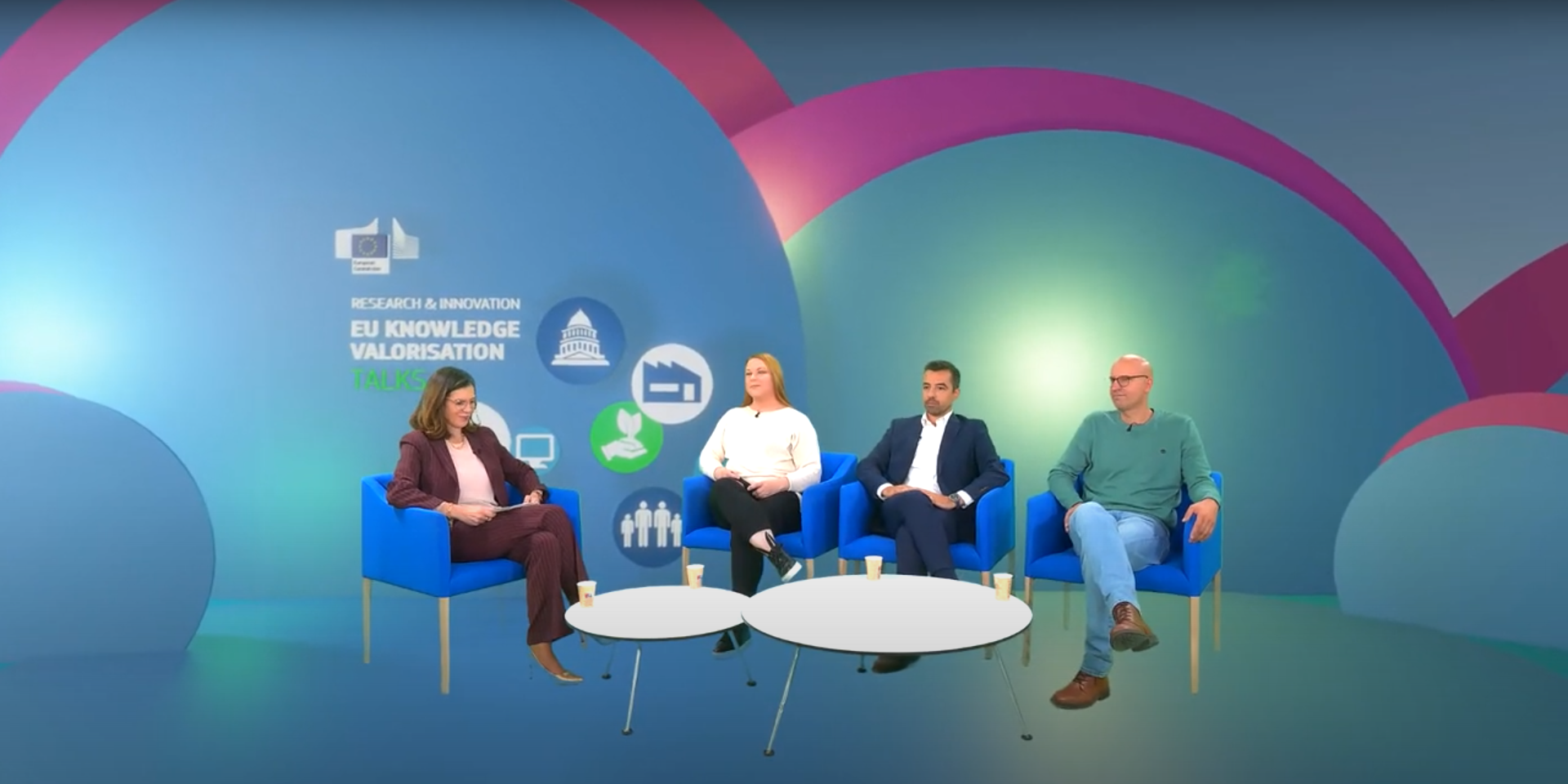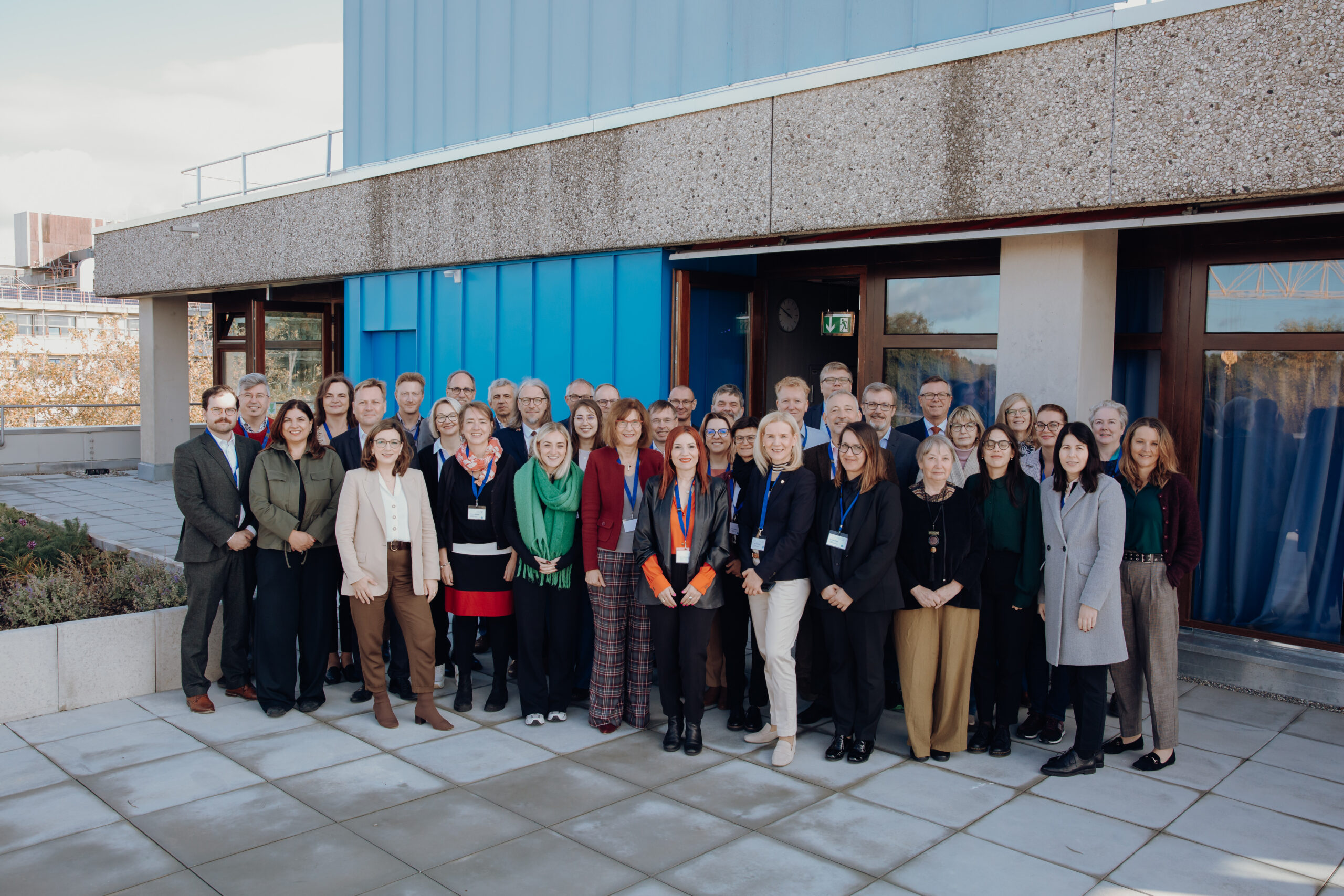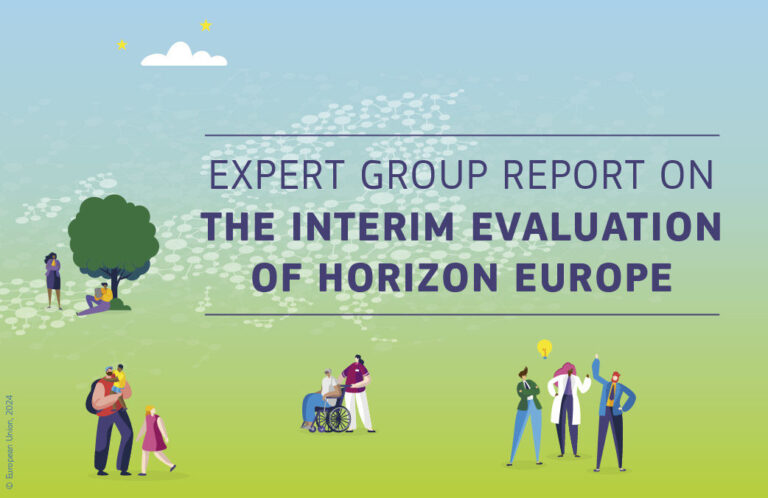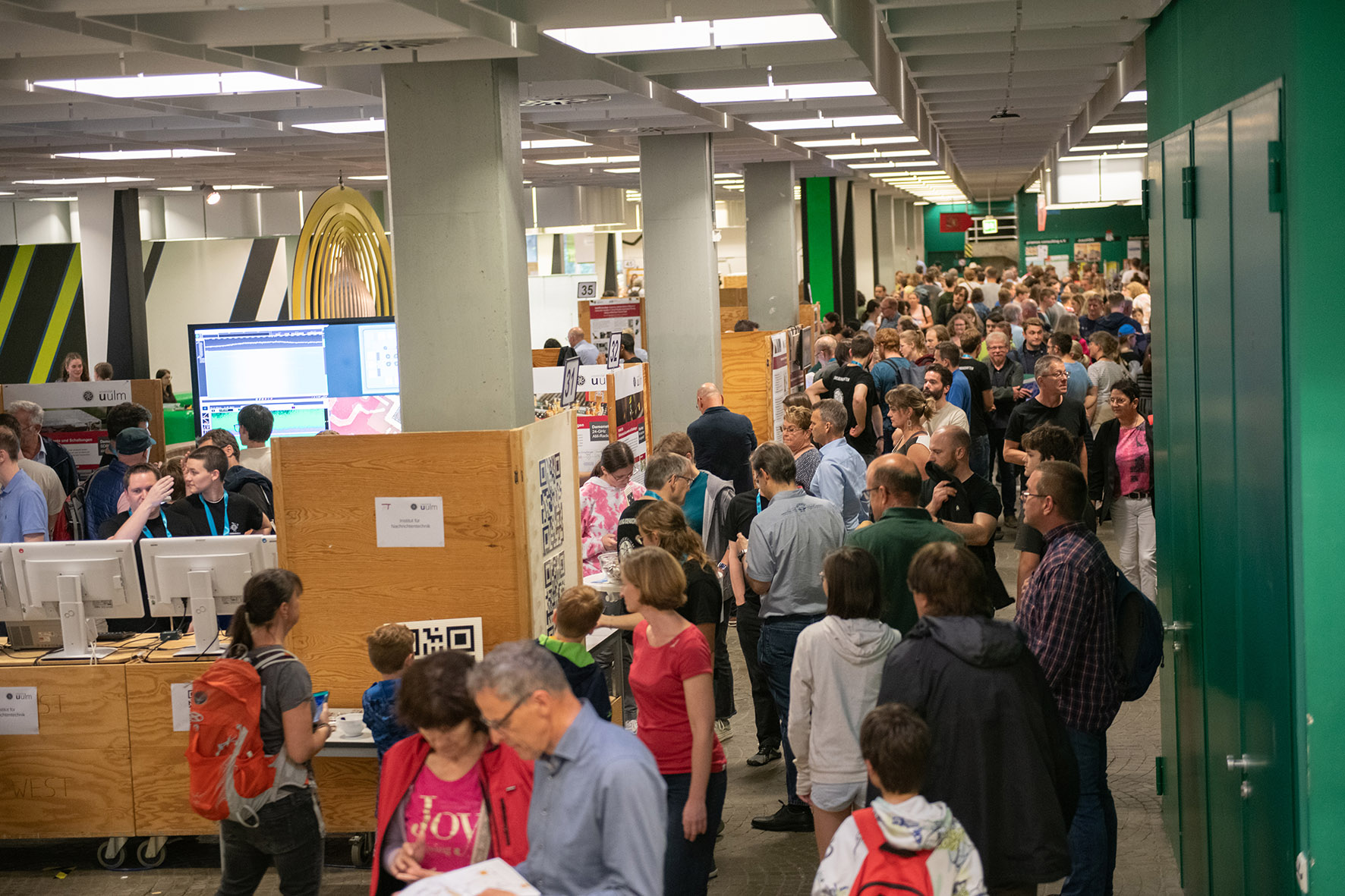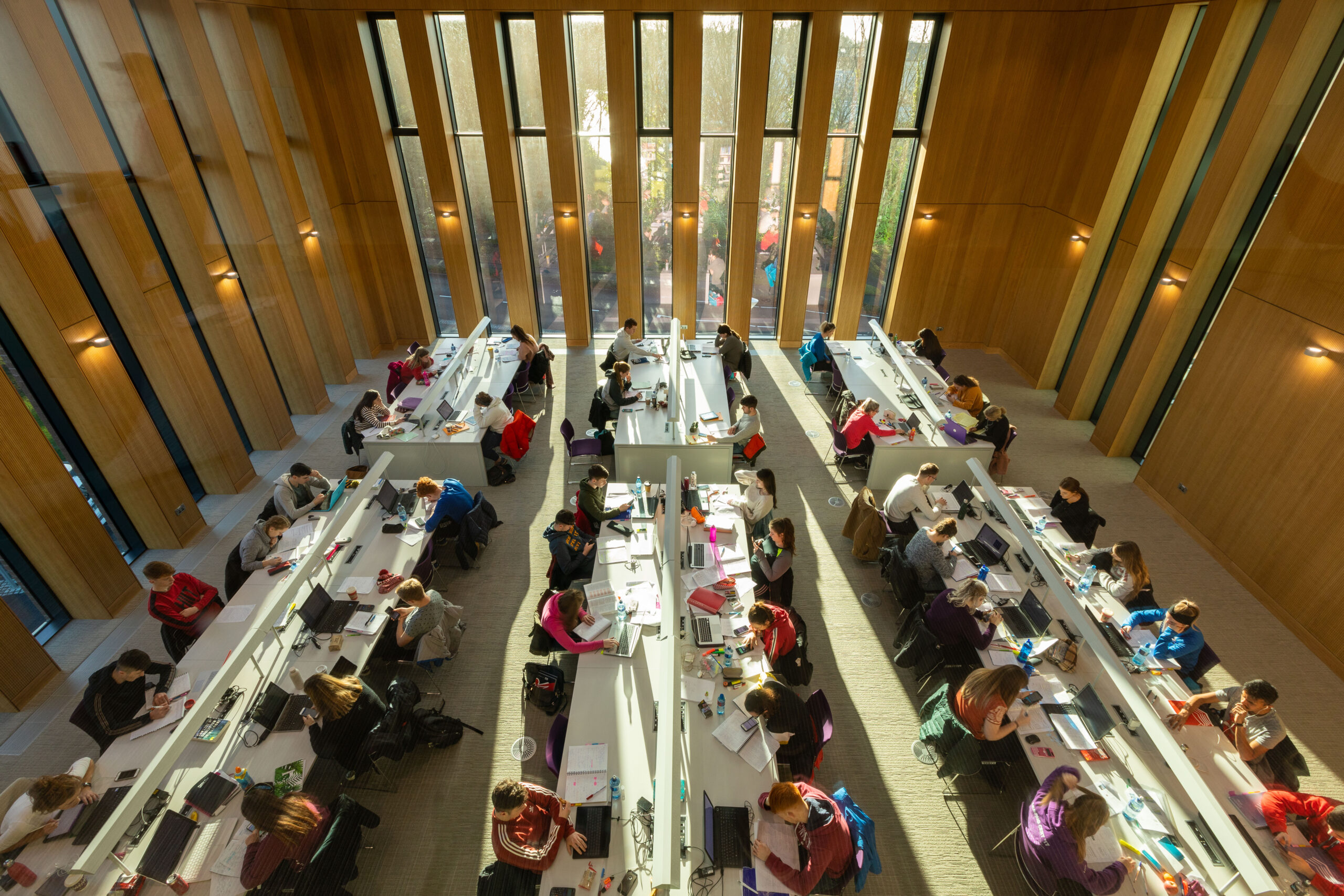by Żaneta Kopczyńska, news editor of the Communications Department at Nicolaus Copernicus University in Toruń.
PHYMOL, a project from Nicolaus Copernicus University in Toruń (NCU), has been positively assessed by Horizon Europe experts. This is an opportunity to develop top-level research, educate a new generation of scientists, and, very importantly, strengthen international cooperation between science and industry.
Horizon Europe (2021-2027) is a key and ambitious EU funding programme for ground-breaking research and innovation carried out by international consortia. It is the most significant undertaking of its kind in Europe.
One of the NCU projects that have been recognised and directed for implementation is PHYMOL, worth nearly €2.5 million. Its full name is ‘Physics, Accuracy and Machine Learning: Towards the next-generation of Molecular Potentials’. Dr Piotr Żuchowski, NCU professor from the Department of Quantum Physics at the Faculty of Physics, Astronomy and Informatics, plays a crucial role in it.
The project brings together the world’s leading experts in molecular simulations, quantum chemistry, crystal structure prediction, intermolecular modelling, spectroscopy, machine learning and nanoclusters. It engages scientists from 10 universities, research centres and laboratories located in the UK, Spain, the Netherlands, France, Hungary, Germany, Luxembourg, and, of course, Poland. Academic partners also include institutions from the United States: Harvard University, the MolSSI Institute, and Auburn University. In addition, the private sector has its representatives – the industrial companies from Europe and the US, such as KIDO (industry: machine learning and artificial intelligence) and Avant-garde Materials Simulation.
The partner institutions will host 11 PhD students – most of whom have already started working and studying at selected universities and research centres. Scientific mobility is a prerequisite for the project’s participants: they will receive part of the training at the consortium’s partner institutions and will also undergo mandatory internships at companies that collaborate on PHYMOL.
– The idea is to train a new generation of entrepreneur-scientists, who will be introduced not only to theoretical chemistry, but also to the needs of industry. Some of the training will be devoted to modern programming, for example, so the skills they acquire will be attractive to future employers in the pharmaceutical and materials industries, as well as to software development companies and those dealing with modern technologies and artificial intelligence, explains Prof Żuchowski.
Additionally, the doctoral students will be offered soft skills courses – for example, entrepreneurship training – which will enable them to create new start-ups.
NCU has already admitted Ph.D. students – Humahuti Dihingia at the Faculty of Physics, Astronomy, and Informatics and Anderson Gil Pelaez at the Faculty of Chemistry. As of December 2023, Katarzyna M. Krupka from Universidad Autónoma de Madrid, one of the YERUN universities, has also joined Torun physicists’ ranks.
Many challenges await the students and their academic mentors. The authors of PHYMOL want to combine the physical understanding of interactions between molecules with machine-learning, which is expected to create new research opportunities for solving problems in medicine and healthcare, energy, nanotechnology, environment, and fundamental science.
– ‘We need researchers who can extend the basic theory of intermolecular interactions, code these techniques in modern programming languages, apply a rigorous level of assessment to the reliability and accuracy of these methods, develop physics-based models that can be used by others, using machine-learning to extend and generalise the applicability,’ explains Prof. Żuchowski. – They also need to know how to collaborate with industry and research labs to apply these models to actual and complex systems. And this is precisely the kind of scientist we intend to train.
In the picture: Professor Żuchowski
Photocredit: © Andrzej Romański.

